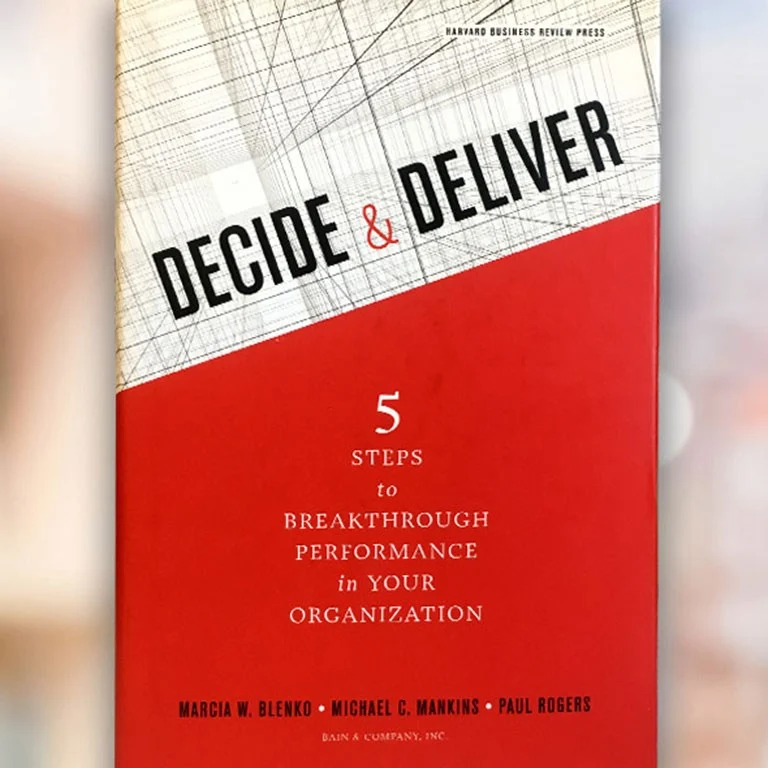AMEinfo.com
This article originally appeared on AMEInfo.
Leadership supply, a/k/a the “war for talent,” is a perennial item on every executive’s agenda. CEOs and other leaders devote considerable time and resources to finding, developing and deploying the people they need in critical jobs throughout the organization. But the conventional tools—recruitment and retention efforts, training programs and the like—often do no more than keep a company in the game. Essential as they are, they rarely help an organization pull away from the competition. And they’re woefully inadequate for acute challenges such as expanding rapidly in a new market. A more fruitful approach, we have found, is to attack the talent issue from a different viewpoint entirely—that of decisions.
Ultimately, any organization’s performance depends on its decision effectiveness. Consistently high performers make good decisions, make them quickly and execute them well. They know which decisions are most important to creating value, and they make sure that those decisions get the attention they deserve. Research shows that decision effectiveness correlates tightly with financial results.
A focus on decisions allows executives to look at people issues differently. Rather than asking whether their company is winning the war for talent—a question that can be addressed only over a period of years—leaders can pose questions that are immediately actionable. Which jobs have the greatest impact on the organization’s critical decisions? Who are our best people, as measured by their ability to make and execute key decisions? How do we ensure that those top performers have the greatest impact on the important decisions? Actions based on these questions allow leaders to address talent challenges quickly and effectively.
Let’s look at how to go about it.
Read the full article at AMEinfo.com.
Paul Rogers is the managing director of Bain & Company Middle East and Turkey. Paul has 30 years of experience with Bain and is a senior member of the company’s Organization, Consumer Products and Retail practices. He received his degree from Cambridge University and has a diploma in Corporate Finance from London Business School.

Decide & Deliver
Learn more about the five steps that leading organizations use to make great decisions quickly and execute them effectively.